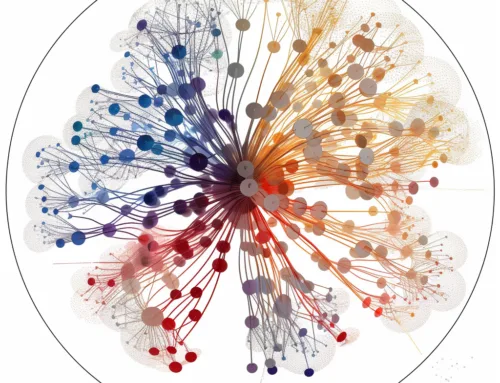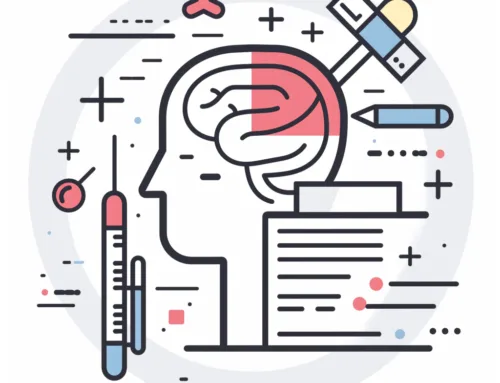In the contemporary workplace, mental health has transcended the boundaries of personal concern to become a central focus of organizational responsibility.
As businesses recognize the profound impact of employee well-being on productivity, innovation, and overall corporate health, the integration of comprehensive mental health strategies has become paramount. This evolution in workplace culture is marked by a multifaceted approach to mental health, emphasizing family support, the utilization of artificial intelligence (AI) for personalized care, the implementation of measurement-based models for improved outcomes, and a keen awareness of the social determinants affecting mental health.
Family Mental Health Support as a Corporate Staple: Mental Health in the Workplace
The recognition that an employee’s mental health is inextricably linked to their family’s well-being has led to a significant shift in how companies structure their benefits. The challenges faced by employees’ families, especially in the wake of the global pandemic, have highlighted the need for family-inclusive mental health programs.
As such, organizations are expanding their mental health benefits to cover not just the employees but their families as well, understanding that stressors stemming from familial responsibilities can considerably impact work performance and satisfaction. This holistic approach not only aids in attracting and retaining top talent but also fosters a supportive workplace culture that values the employee’s life outside work.
The AI Revolution in Personalized Mental Health Care
Artificial Intelligence is redefining the landscape of workplace mental health support by facilitating highly personalized care plans. AI’s capability to analyze vast amounts of data allows for the matching of employees with the most suitable therapists and support programs, tailored to their unique needs and preferences. This personalized approach ensures that mental health interventions are more effective, thereby enhancing employee engagement and reducing absenteeism. Moreover, AI-powered analytics can identify trends and potential mental health concerns within the organization, enabling proactive rather than reactive support strategies.
Measurement-Based Models: The Path to Efficacy
The adoption of measurement-based models in mental health programs represents a significant leap towards evidence-based interventions. By tracking the progress and outcomes of mental health initiatives, organizations can gauge their effectiveness and make data-driven adjustments. This approach not only enhances the quality of care provided but also ensures accountability and continuous improvement. It allows companies to move beyond superficial wellness programs to develop strategies that genuinely make a difference in their employees’ mental health and well-being.
Social Determinants of Health in the Corporate Lens
Understanding the social determinants of health — such as economic stability, community context, and access to resources — is crucial in addressing the multifaceted nature of mental health. Organizations are increasingly considering these factors in their mental health strategies, recognizing that employees’ mental well-being is affected by a complex interplay of personal and societal factors. By addressing these broader issues, companies can provide more comprehensive and relevant support, ultimately contributing to a more resilient and mentally healthy workforce.
The Road Ahead: Innovations and Trends
The future of workplace mental health is bright, with numerous innovations and trends on the horizon. From digital therapeutics and gamified therapy to the use of wearable devices for stress monitoring, technology is at the forefront of transforming mental health support in the workplace. These tools not only provide novel ways to engage employees in their mental health care but also offer valuable insights for employers to tailor their wellness programs effectively.
Furthermore, the shift towards holistic care, acknowledging the interconnection between mental and physical health, is likely to gain momentum. Organizations might see an increase in integrated care programs that address both mental and physical health, providing a more rounded approach to employee wellness.
The recognition of the importance of mental health in the workplace marks a significant shift in organizational culture and priorities. By focusing on comprehensive support systems that include family mental health, leveraging AI for personalized care, adopting measurement-based models, and addressing social determinants, companies are laying the groundwork for a healthier, more productive workforce. As these trends evolve, they promise to not only transform the workplace but also set a new standard for corporate responsibility towards employee well-being. The journey ahead is one of innovation, empathy, and a deeper understanding of the intricate connections between work, health, and personal life, paving the way for a future where mental health is not just a personal concern but a shared corporate commitment.
Contact us today for a free consultation
Phone: 949-776-5103 or
Email: [email protected]










